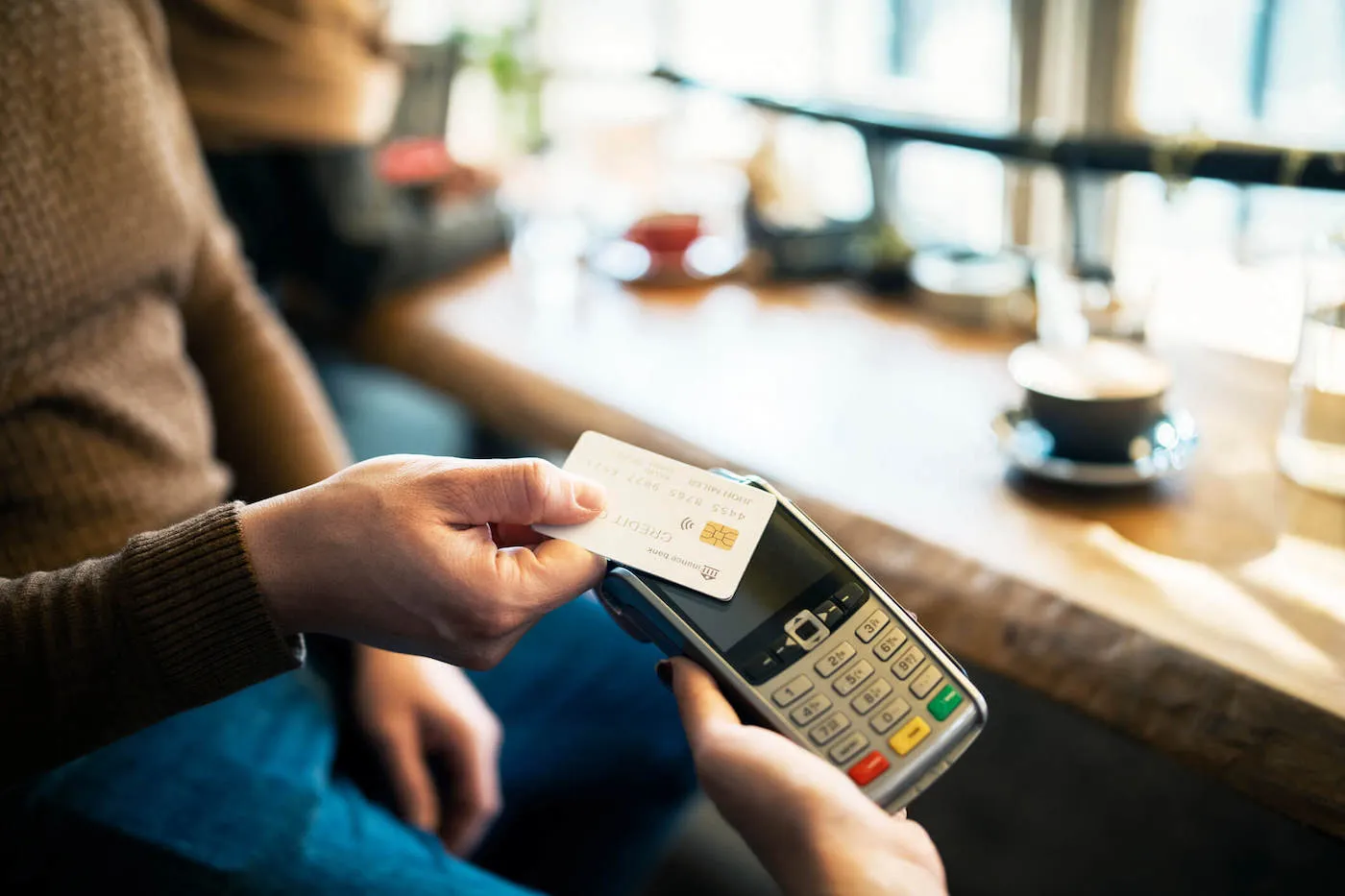Does Having Your Credit Card Declined Hurt Your Credit?
Quick Answer
Having your credit card declined can be embarrassing and uncomfortable, but it won’t damage your credit score. However, some of the potential reasons a card would be declined—like missed payments or a maxed-out card—can hurt your credit.

Having your credit card declined by a merchant won't hurt your credit score, but it could suggest other credit issues or identity theft. It could also mean that your card is expired or that you were out of state or out of the country and didn't notify the card issuer of your travel plans, or the terminal is incompatible. It does not necessarily mean that your credit isn't good.
Then again, it could indicate a missed payment or charges over your card limit.
Reasons a Credit Card May Be Declined
Common credit-related reasons your credit card could be declined include:
- You've reached your credit limit. That means you are using all or nearly all of the credit available on that card. The portion of your credit limit that you use, called the credit utilization rate, has a major influence on your credit scores, and maxing out a card can hurt your credit score.
- You are behind on payments. Nobody's perfect; if a missed payment happens due to oversight, you may be able to call your card issuer and arrange to catch up.
- Your credit card was closed without your knowledge. The card might have been closed because your credit score dropped significantly and the card issuer decided you were too high a risk. Or, it could be a mistake.
Addressing these problems can also help improve your credit standing. If you have reached your credit limit and it is relatively low (typical of some retail cards), you may be able to pay down the balance so that your credit utilization rate decreases. Most credit experts recommend credit card utilization of no higher than 30%, and lower is better.
Late payments can be reported to the credit bureaus (Experian, TransUnion and Equifax) once you are at least 30 days late. Catching up on payments and ensuring that you stay on top of credit card bills can, over time, help you improve your credit score.
If your credit card is declined, you can call the number on the back of your card to ask why. If the account was closed, the issuer does not have to tell you why.
Reasons your credit card could be declined even though your credit is in good shape include:
- Your card is expired (or new, but you haven't activated it yet). The solution is simple, but if you are standing at a register, here's a good reason to carry a spare card. You can also step out of line and call to activate that card, assuming you are calling from the phone listed on your application.
- You have a large pending transaction. If you recently used your card to make a hotel reservation or rent a car, there may be a hold on much of your credit limit, and that could result in your credit card being declined.
- A criminal has used your credit card number. In this case, your credit score may have dropped, but not because you are less creditworthy.
What Happens to Your Credit When a Transaction Is Declined?
Having a credit card transaction declined does not affect your credit.
It can be embarrassing, especially if you don't have another way to pay. But the declination won't be reflected in your credit score.
What to Do if Your Credit Card Is Declined
The first thing to do, assuming you need to complete the transaction, is to use a different credit card if that is an option, or pay in cash.
If your credit card is declined, you can call the number on the back of your card to find out why.
- If the account has fraudulent charges, you'll want to get those resolved, likely with a new credit card and a new number.
- If the account was closed, you still owe the balance, but you'll want to take the card out of your wallet so it doesn't get declined again.
- If it was declined because of a hold placed on the card, it should work once the hold is gone.
- If the credit card was declined because you missed a payment, catching up will likely solve the problem.
- If the card was declined because you were too close to your credit limit, paying it down should help.
The Bottom Line
Having a credit card declined can be embarrassing and inconvenient, but it won't affect your credit score. However, some issues that could cause a credit card to be declined, like late payments and high balances, do affect your credit.
You can reduce the chances that you'll encounter this by:
- Paying balances on time.
- Making sure credit card balances stay well below your credit limits. (Signing up for alerts can help.)
- Being aware of credit card holds.
- Keeping an eye on your credit reports and scores.
Experian's free credit report can help keep you up to date on credit activity, as well as offer an early warning of potential fraud.
What’s on your credit report?
Stay up to date with your latest credit information—and get your FICO® Score for free.
Get your free reportNo credit card required
About the author
Bev O'Shea is a Georgia-based freelance journalist specializing in personal finance and consumer credit. Most recently, she was a staff writer at personal finance website NerdWallet, where she was an authority on credit reports, credit scores and identity theft.
Read more from Bev